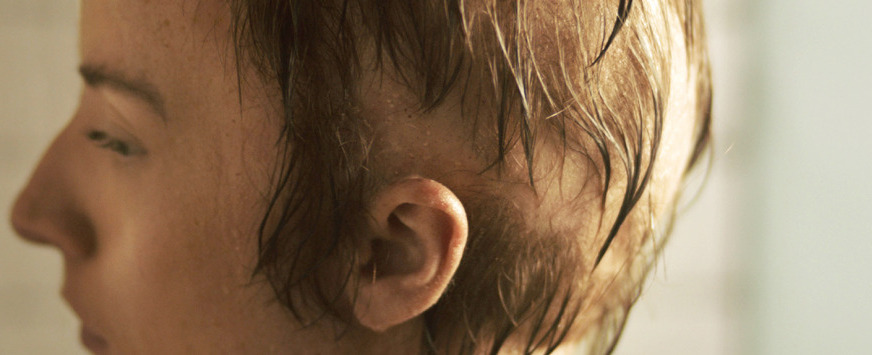Hair loss in children can be alarming for parents and caregivers. Various causes can lead to hair loss in pediatric populations. It’s essential to consult a pediatrician or pediatric dermatologist for an accurate diagnosis and tailored treatment plan.
Hair Loss (Alopecia)
TYPES
Alopecia areata
This is an autoimmune disorder where the immune system attacks hair follicles, leading to patchy hair loss. Alopecia areata can sometimes progress to complete scalp hair loss (alopecia totalis) or total body baldness (alopecia universalis).
Trichotillomania
This is a psychological condition where the child pulls out his or her own hair. It may be related to stress, anxiety, or compulsive behaviors.
Traction alopecia
This results from hairstyles that pull tightly on the hair, such as braids or ponytails. Over time, the tension can damage hair follicles and cause baldness.
Telogen effluvium
A temporary form of hair loss that can occur after a significant stress, high fever, surgery, or severe illness. It’s due to an increased number of hair follicles entering the resting phase.
Tinea Capitis (Ringworm of the Scalp)
This is a fungal infection that causes patchy baldness with associated scaling and redness. The affected area may appear as a round, flaky patch and can be itchy.
Congenital Alopecia
Some children may be born with hair loss due to genetic conditions or developmental issues.
Recommendations
Consultation
If your child is experiencing hair loss, consult a pediatric dermatologist for an accurate diagnosis.
Gentle
Hair Care
Use a gentle shampoo and avoid aggressive brushing or combing under gentle hair care.
Avoid
Tight Hairstyles
Hairstyles that pull the hair, such as tight ponytails or braids, should be avoided to prevent traction alopecia.
Nutrition
Ensure your child receives a balanced diet rich in essential vitamins and minerals that support hair health.
Educate
and Monitor
It is essential to educate your child about their condition and monitor for signs of behavior related to hair loss
Emotinal
support
Hair loss can be emotionally challenging for children. Support and understanding from parents, caregivers, and peers are crucial. Consider counseling or support groups if the child struggles with self-esteem or emotional issues related to hair loss.
Always consult with a Dermatologist for a personalized diagnosis and treatment plan.



